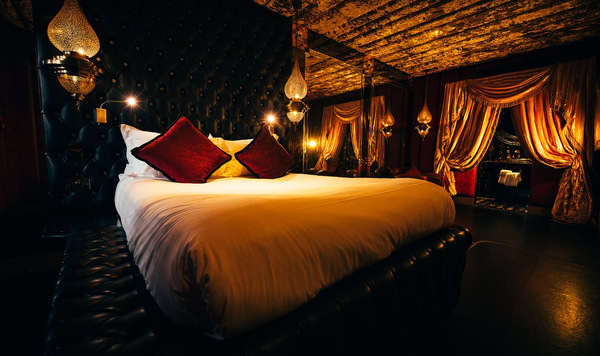Wake-up call: are your toilet facilities discriminatory?
Safe, clean and secure toilets are a basic right. David Ward examines how not following the law could make you guilty of sex discrimination
The problem
In the case of Earl Shilton Council v Miller, the Employment Appeal Tribunal upheld the finding that the inadequate provision of toilet facilities for females in all sectors can constitute direct sex discrimination.
The law
The current legislation around providing adequate toilet facilities in the workplace falls under the Workplace (Health, Safety and Welfare) Regulations 1992. Regulation 20, Sanitary conveniences, states:
- Suitable and sufficient sanitary conveniences shall be provided at readily accessible places.
- Without prejudice to the generality of paragraph (1), sanitary conveniences shall not be suitable unless:
– the rooms are adequately ventilated and lit;
– they are kept in a clean and orderly condition;
– a supply of toilet paper and, for female employees, somewhere to dispose of sanitary dressings, is provided; and
– separate rooms containing conveniences are provided for men and women except where and so far as each convenience is in a separate room, the door of which is capable of being secured from the inside.
The approved code of practice also provides guidance on the minimum number of facilities that are required. For example, for women only or for mixed-use there should be one toilet and washbasin for one to five employees. For men only, there should be one toilet and one urinal for one to 15 employees.
Expert advice
Many employers will be oblivious to the requirements outlined above, and may consider that the physical or practical constraints of the workplace simply dictate the provision of the available facilities. They would of course be wrong. We have previously dealt with a claim whereby, in a male-dominated workshop environment, a female mechanic brought a sex discrimination claim because she was expected to use a shared toilet with a sliding door, which was held closed by placing a brick in front of it and hoping it would remain so. Ultimately, her claim was held to be out of time and we did not receive a substantive outcome on the legal argument. However, these circumstances do often arise.
To-do checklist
There are a number of things that can be considered and implemented in regards to toilet facilities to ensure that the needs of the workforce are adequately and lawfully met. For example:
- Review the workforce to confirm the facilities that are required. For example, if the workforce is made up of five employees who identify as mixed gender but there is only space for one shared toilet, it must be a separate cubicle that can be secured from the inside.
- Provide suitable disposal options for sanitary dressings for any toilet that is used by employees that identify as women.
- When building toilet facilities, the law requires that toilets are easy to maintain. Floors and walls should be made of a surface that permits wet cleaning, such as ceramic tiling.
- Every shower, washbasin and toilet must be suitable for everyone, including people living with disabilities. For example, if a toilet contains four or more cubicles, one must legally be enlarged to a minimum width of 1,200mm and include an outward opening door.
Beware
An injury to feelings award, related to discrimination in the workplace, could range from £1,000-£50,000 depending on the severity of the upset caused to an employee, and it would be understandable for significant distress to be caused to an individual if they were struggling with inadequate toilet facilities.
There is also the need to consider the Equality Act 2010 and its application to the provision of goods and service, and therefore businesses ought to consider whether their customer-facing facilities are adequate.
Contact David Ward is a partner in the employment team at Blacks Solicitors (0113 227 9262)
















